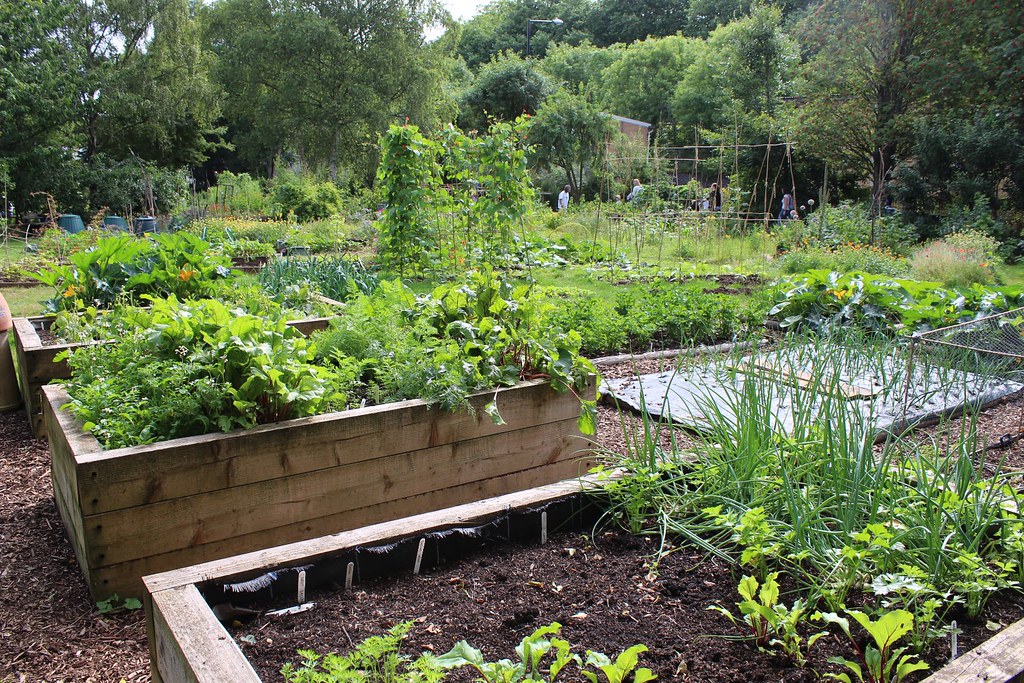Organic gardening is the art and science of growing organic vegetables, fruit, flowers, or decorative plants in harmony with nature, by adhering to the fundamental principles of natural agriculture such as insect control, soil construction and variety maintenance, conservation of plant biodiversity, and crop rotation. It is becoming more popular for backyard gardeners because it is economical, environmentally friendly, and promotes a healthy lifestyle. Organic gardening saves money by reducing the use of synthetic pesticides and fertilizers and avoids the use of harmful chemical fertilizers and herbicides. Organic gardening also promotes a healthy lifestyle because it reduces stress and improves nutrition and physical health.
Fertilizer is an essential part of organic gardening. Organic farmers make use of natural compost to improve the soil structure and fertility, while synthetic fertilizers are made from animal waste, synthetic vitamins and antibiotics, and petroleum compounds. When there is insufficient or no organic fertilizer, the garden may not be well-balanced or preserve the correct amount of nutrients. It is important to choose the right type of fertilizer to ensure proper plant growth and management.
Many people are unaware that manure (the organic matter that comes from the bones, hair, and organs of animals) contains high amounts of pesticides, herbicides, and other synthetic chemicals. While manure is beneficial to produce natural fertilizer, it must be carefully managed because it has many uses. One such use is as fertilizer for your yard. Homeowners who choose to involve themselves in organic gardening should learn how to properly treat their manure, since the misuse of manure could have adverse effects on the environment as a whole and could also affect your personal health.
The term organic gardening may be brand new to many people, but the basics of it have been around for centuries. The term organic gardening itself comes from the Greek words organic, meaning “of living things”, and gorgia, which mean gardening. The first organic garden was found in the land of ancient Greece, and continued to be used by farmers for years.
Although today synthetic fertilizers are the way most gardeners prefer to fertilize their gardens, organic gardening still uses the use of fertilizers. The most commonly used fertilizers in organic gardening are manure and compost made from left over food products and dead leaves/ashes. Manure is the source of plant nutrition, and is considered to be very helpful in the production of nitrous oxide, an essential chemical for plant life. Fertilizers can be either natural (organic) or synthetic.
